Last Updated on November 27, 2023 by Pinax Team
Opening Remarks
Welcome to another edition of Indexer Office Hours!
Today is November 21, and this is Indexer Office Hours 134. Incredibly, we’ve reached this number already.
This is the town square, where ecosystem participants discuss the most important and relevant indexer topics.
Repo watch
Anna will now give us our regularly scheduled repo watch update.
- Execution Layer Clients
- Erigon v2.0 No new releases ( last v2.54.0 )
- Attention Polygon users: You must upgrade to this release or higher before the Agra hard fork at block 50523000 (Nov. 28).
- sfgeth v2.0: No new releases – last: bsc-v1.1.22-fh2.2
- Geth: No new releases ( last v1.13.5 )
- Geth v1.13.5 is a scheduled maintenance release fixing potential data corruption in path scheme that could occur due to a power failure (i.e., entire OS / machine crash).
- sfeth/fireeth: New releases v2.0.0 :
- This release refactors the firehose-ethereum repository to use the common shared Firehose Core library that every Firehose-supported chain should use and follow.
- Many changes happened at the operator level and some superfluous modes have been removed, especially around the reader-node application. Operators should review the change log thoroughly before upgrading.
- Nethermind: No new releases ( last v1.22.0 )
- Since v1.21.0 the Nethermind executable has been renamed from Nethermind.Runner to nethermind.
- Avalanche: No new releases ( last v1.10.15 )
- NOTE: This version is backward compatible with v1.10.0. It is optional but encouraged.
- Celo: No new releases ( last v1.8.0 )
- Arbitrum-nitro: New releases:
- v2.2.0-alpha.2 :
- This release doesn’t process retryable transactions correctly. Alpha 4 will fix this issue.
- Make “error posting batch” error just a warning unless it happens continuously.
- v2.2.0-alpha.3 :
- This release doesn’t process retryable transactions correctly. Alpha 4 will fix this issue.
- v2.2.0-alpha.2 :
- Arbitrum-classic: No new releases ( last v.1.4.5 )
- Heimdall: No new releases ( last v1.0.3 )
- This patch release addresses some minor fixes encountered with the latest v1.0.2 version, and implements some minor new features.
- Erigon v2.0 No new releases ( last v2.54.0 )
- Consensus Layer Clients: No updates.
- Graph Stack: No updates.
Project watch
- Index Service: A new release is coming with Arbitrum Sepolia support.
- Graphics: This tool is being improved to document the GraphQL schema and use Grafana for enhanced user experience.
- Graph Node: Work is being done on aggregations to enhance the user experience for time series data.
- Substreams: The integration between Substreams and Graph Node is being improved.
- Educational Resources: Please provide any feedback on David’s sharding document and Grafana dashboards.
Protocol watch
- Forum Governance
- Contracts Repository
- Network Subgraphs
- Core network subgraph: No new releases since the last IOH.
- Analytics subgraph: No new releases since the last IOH.
- Billing subgraph: No new releases since the last IOH.
Open discussion
Adam Fuller from Edge & Node talks about the world of data services, a term that’s been floating around the ecosystem for a while.
- He discussed the new data services that are coming online, including Firehose, Substreams, SQL, and large language models (LLMs).
- He also discussed the other aspects of the data services, such as files, verifiability, and chain integrations.
- Kara is working on a file data service allowing indexers to store and serve flat files, such as Ethereum data, without a trace.
- The file service will use manifests to describe the files and their contents.
- Verifiability will be ensured using a list of hashes for the file chunks.
- Payment will be made for each chunk of data that is transferred.
- Verifiability will be ensured using a list of hashes for the file chunks.
- Payment will be made for each chunk of data that is transferred.
- Part of the discussion also included making the data services more P2P and allowing clients to request chunks from multiple indexers without considering which indexer serves the data.
Chain watch
- Decimal Smart Chain
- Add Support to Meter Network
- Add support for OP Mainnet
- Add support for zora network
- Add support for Astar zkEVM
Additional notes
- On top of a hosted instance of Brave, Google Docker will be quite costly.
- There are better choices than Google Cloud Platform for running an indexer.
- Other options are less expensive.
- Questions about gateways:
- The gateway code is not public.
- There are no IP addresses to allowlist.
- The gateway only cares if an indexer uses HTTP, but it is less secure than HTTPS.
- Query load is not distributed equally based on allocation share.
- The gateway cares about multiple factors, such as latency.
- Browsers don’t care if you use HTTP, but you’re not supposed to connect your indexer to your browser directly.
- The gateway is the intermediary that interfaces with the indexer.
- If you want to pay an indexer to serve you as a hosted service, you can, but you’ll lose all the benefits of using the network.
- Paying an indexer directly is impossible with the public URL they post on when they register.
- Questions about query fees:
- Most queries are still on the hosted service, which will be sunset at the end of this year.
- All traffic will move to mainnet at that time.
- Indexers should focus on indexer rewards instead of query fees for now.
- Once traffic moves to the network, indexers should start figuring out how to get query fees.
- The removal of the Cobb-Douglas function makes it easier to get paid directly.
- The load increase is unknown, but indexers can choose which subgraphs to support.
- There are better tools for tracking traffic load than The Graph Explorer.
- Since there isn’t an allowlist of IP addresses for ingress from gateways, most people run Nginx or traffic proxy in front of their indexer service.
Next steps
Please join us for the next Indexer Office Hours on November 28.
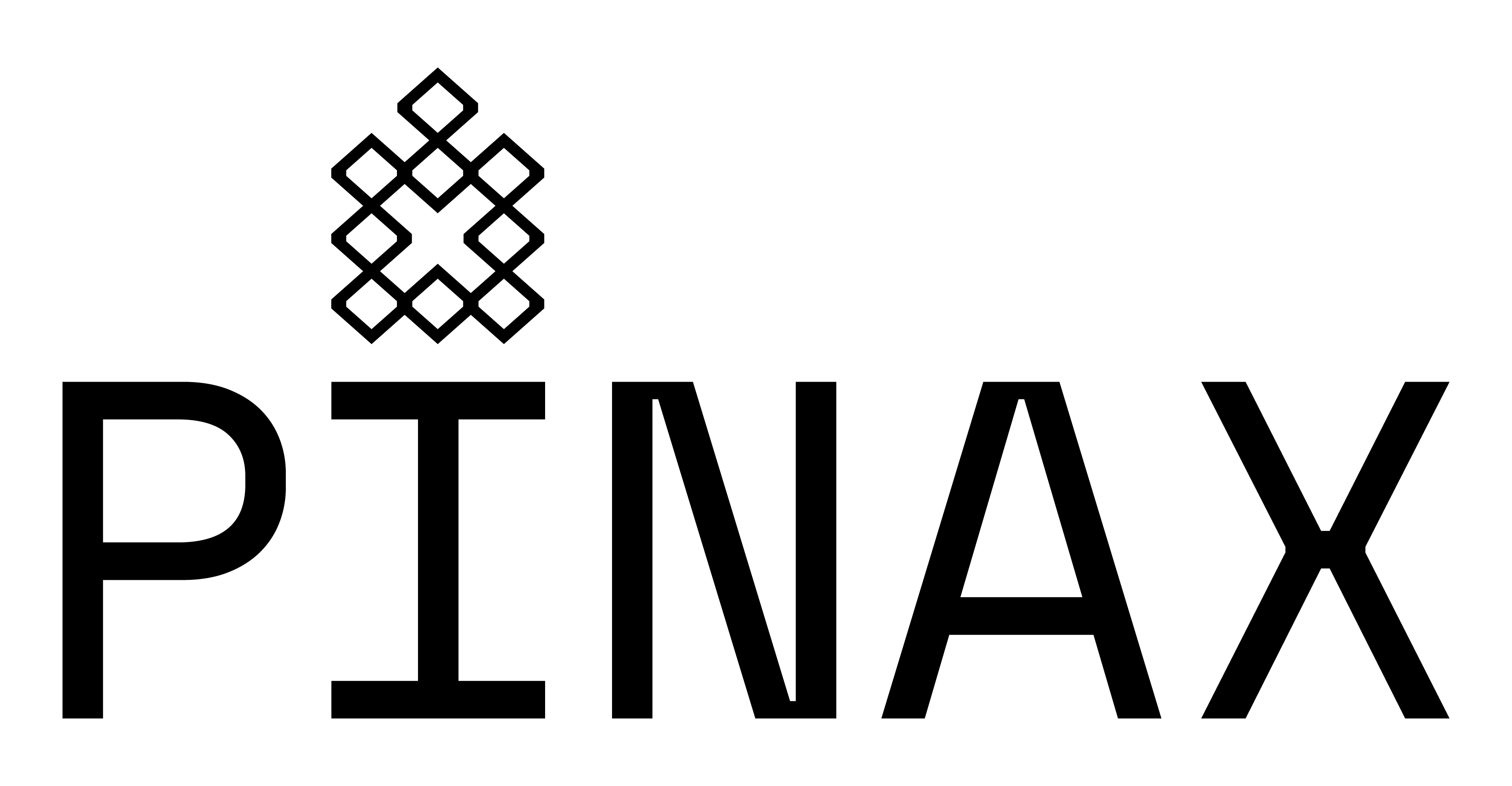

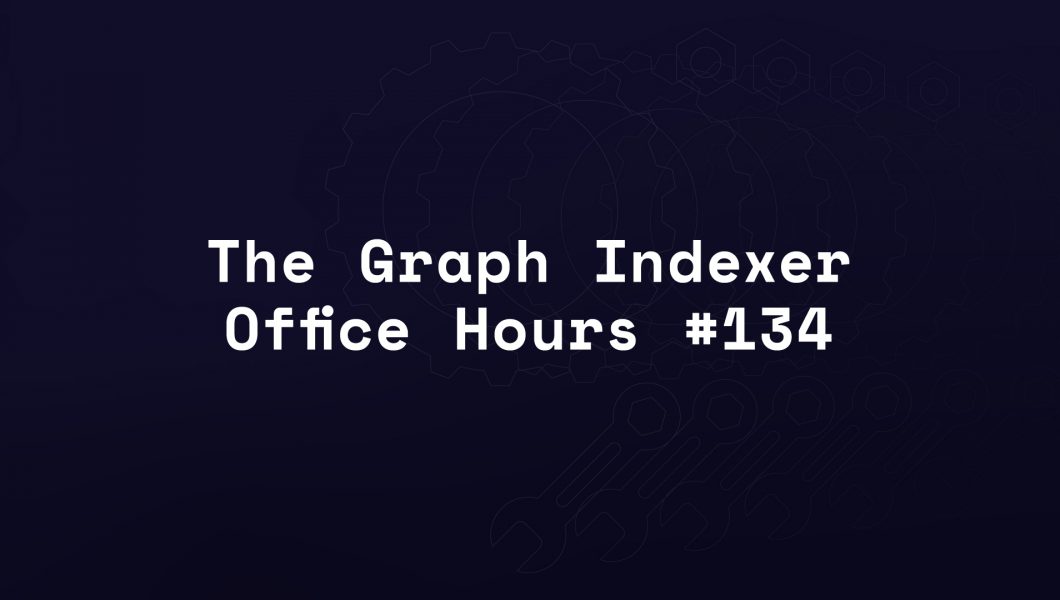


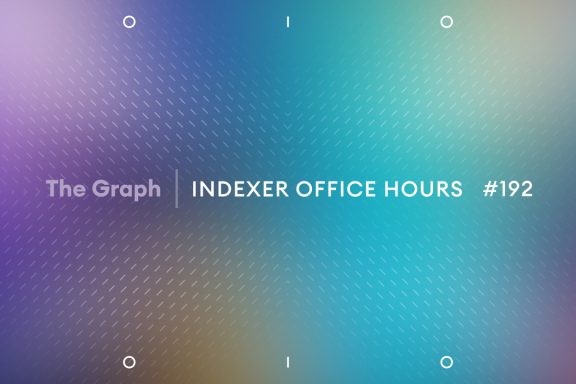
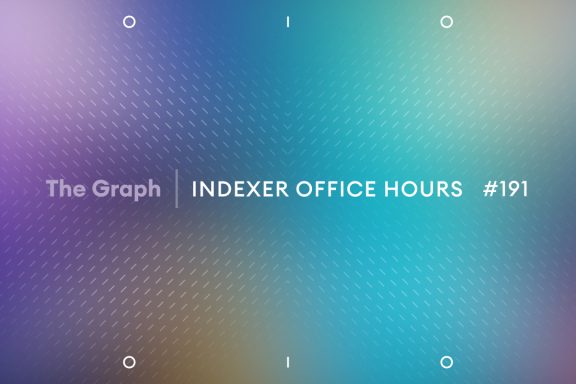
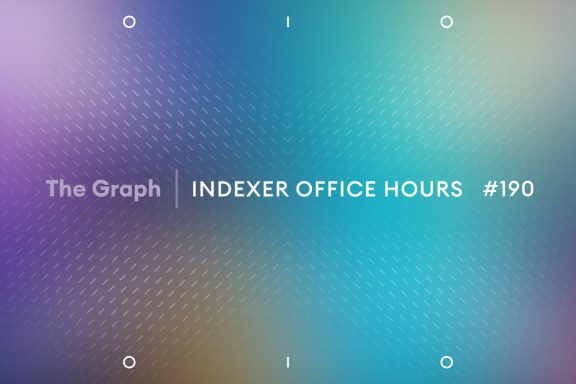
Great recap! Can’t wait for mega multitude of data services! Might even start my own little Indexer.